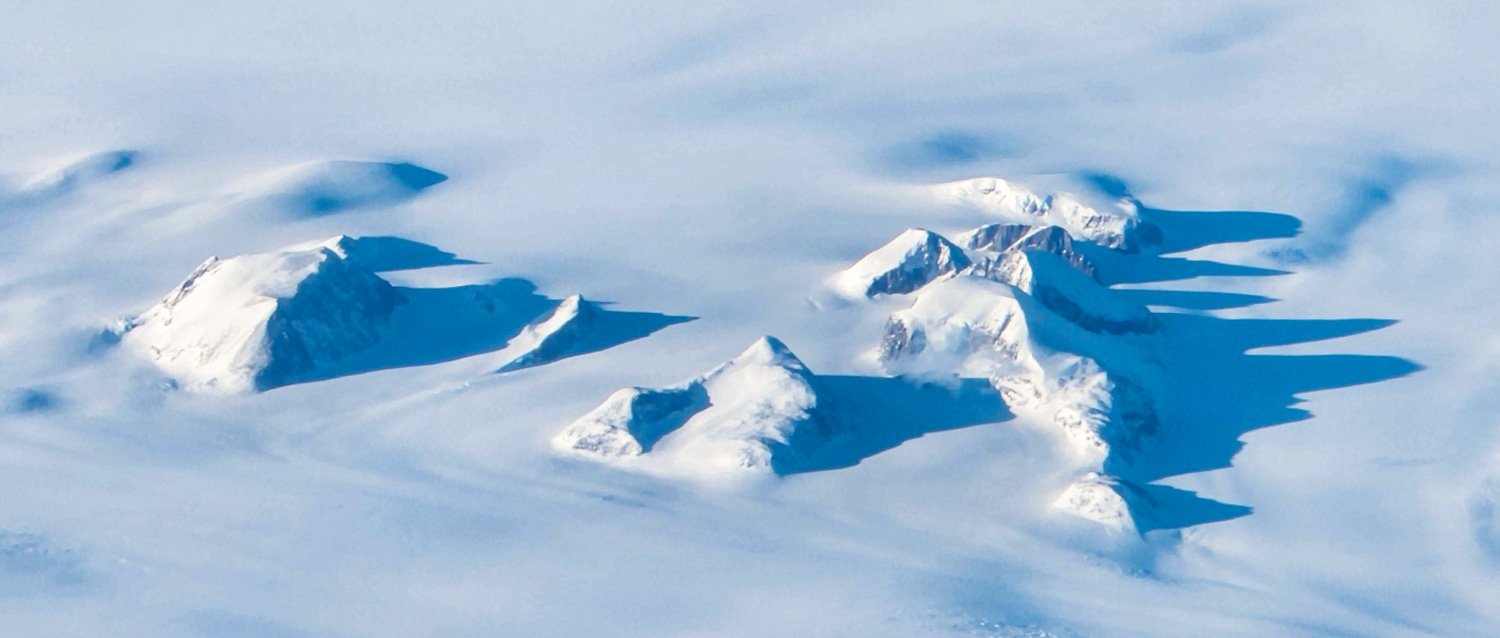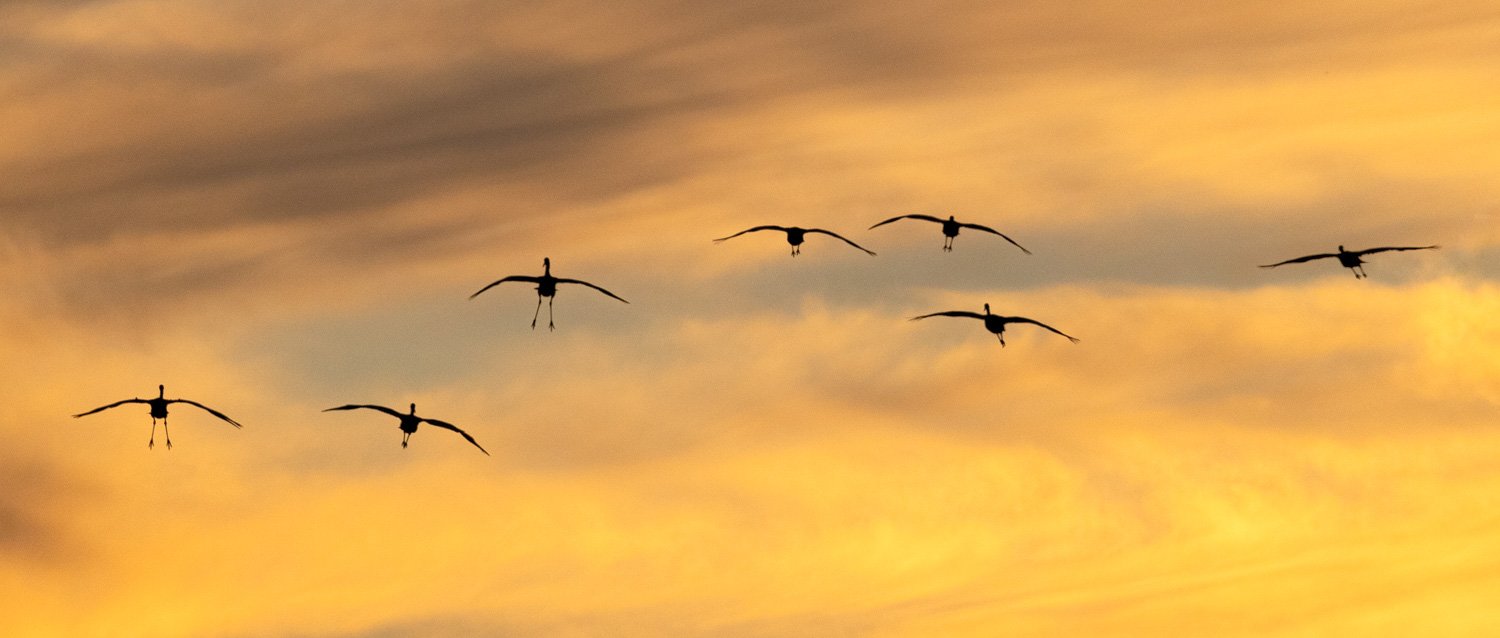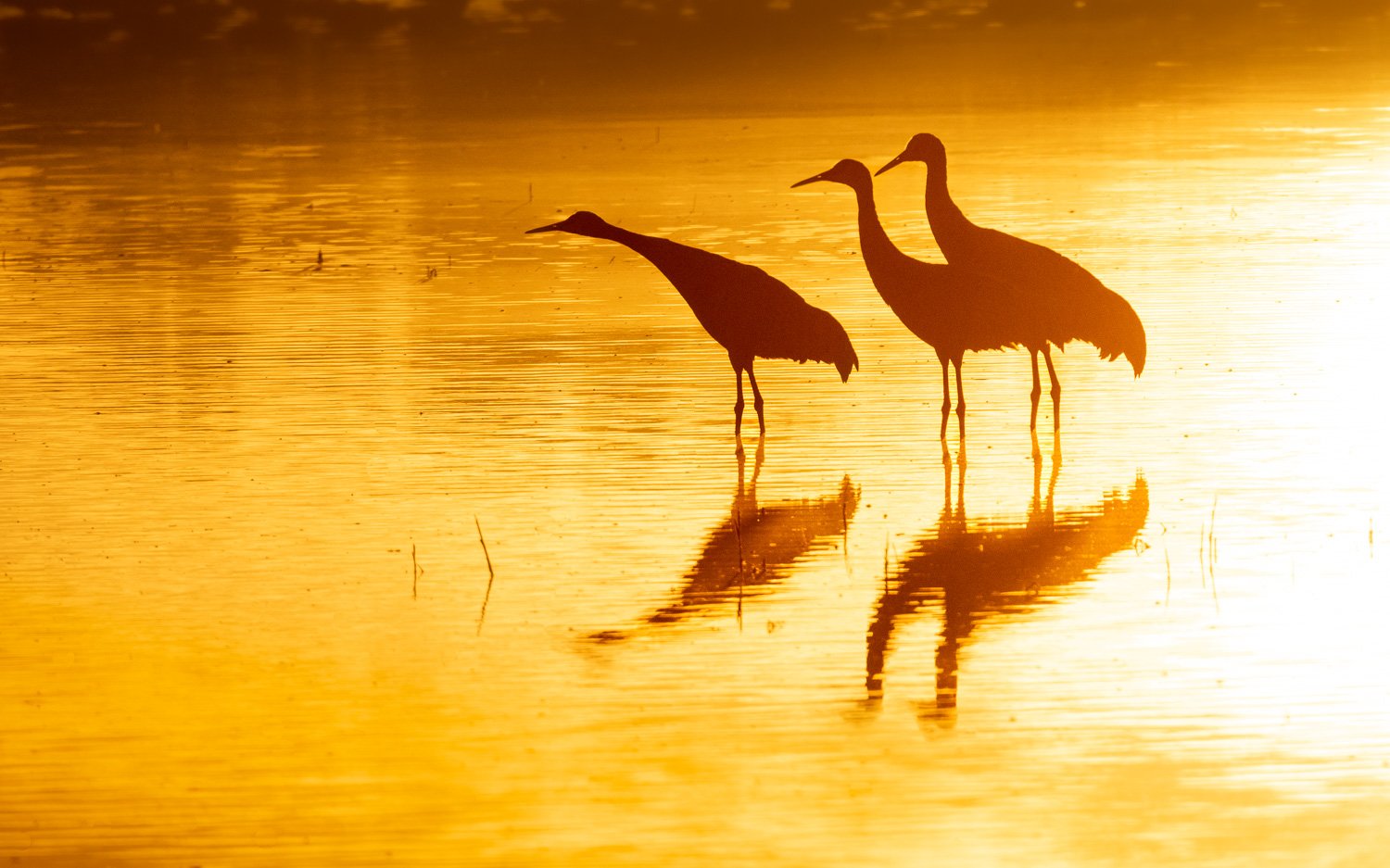I haven’t posted any poems lately, so let’s read some Mary Oliver. With it are some pictures of a scene that required me to pull the car over and capture the morning sky near Sedona, Arizona. Then I had to find a path and walk down to river that carved out the valley, and enjoy some tree tops and bottoms. And watch the trees and rocks dancing together.
Wild Geese
You do not have to be good.
You do not have to walk on your knees
for a hundred miles through the desert repenting.
You only have to let the soft animal of your body
love what it loves.
Tell me about despair, yours, and I will tell you mine.
Meanwhile the world goes on.
Meanwhile the sun and the clear pebbles of the rain
are moving across the landscapes,
over the prairies and the deep trees,
the mountains and the rivers.
Meanwhile the wild geese, high in the clean blue air,
are heading home again.
Whoever you are, no matter how lonely,
the world offers itself to your imagination,
calls to you like the wild geese, harsh and exciting -
over and over announcing your place
in the family of things.
Mary Oliver, Wild Geese, 2004
If you’d like to hear Mary Oliver reading this poem, click here.
And if you want to see wild geese — scroll down.
















